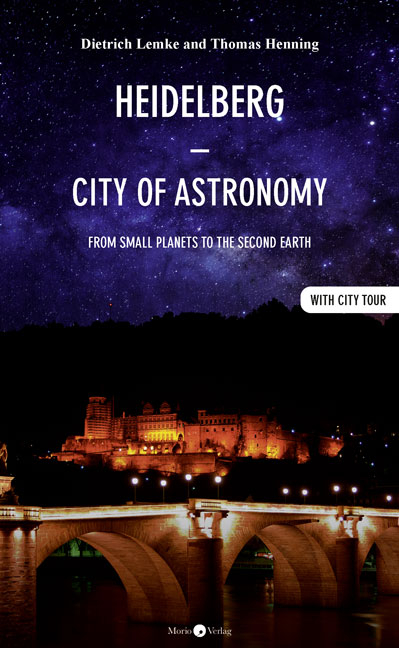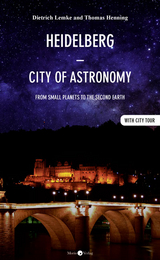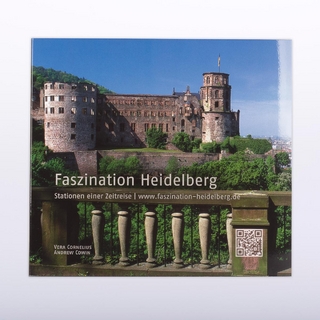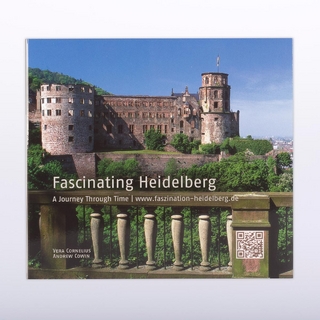Heidelberg - City of Astronomy
From Small Planets to the Second Earth
Seiten
2022
Morio (Verlag)
978-3-949749-04-9 (ISBN)
Morio (Verlag)
978-3-949749-04-9 (ISBN)
Heidelberg has been a home for astronomy innovation for centuries. In 1609 Kepler's Astronomia Nova was printed here. Heidelberg also saw the birth of astrophysics, which can be marked by Kirchhoff's amd Bunsen's use of their new spectral analysis to determine the composition of the sun for the first time in 1859. Germany's first mountain observatory was erected on Königsstuhl in 1898. Today, thanks to the contributions of six science institutes, Heidelberg is an internationally renowned center of astrophysics.
Dietrich Lemke led several projects on infrared astronomy with space telescopes at the Max Planck Institute for Astronomy in Heidelberg until his retirement.
Thomas Henning is Director at the Max Planck Institute for Astronomy in Heidelberg, where he leads the Planet and Star Formation Department. He is an Honorary Professor in Observational Astronomy at Heidelberg University and a Full Professor in Astrophysics at Jena University.
| Erscheinungsdatum | 02.08.2022 |
|---|---|
| Zusatzinfo | mit s/w-Farbabb. |
| Verlagsort | Heidelberg |
| Sprache | englisch |
| Maße | 112 x 186 mm |
| Themenwelt | Sachbuch/Ratgeber ► Natur / Technik ► Weltraum / Astronomie |
| Naturwissenschaften ► Physik / Astronomie ► Astronomie / Astrophysik | |
| Schlagworte | Asteroids • Astronomy • Baden-Württemberg • Celestial body • Galaxies • Galaxy cluster • Moon • Physics • regional history • Science • space • star cluster • Stars • Sun • Universe |
| ISBN-10 | 3-949749-04-7 / 3949749047 |
| ISBN-13 | 978-3-949749-04-9 / 9783949749049 |
| Zustand | Neuware |
| Haben Sie eine Frage zum Produkt? |
Mehr entdecken
aus dem Bereich
aus dem Bereich
Von kleinen Planeten zur zweiten Erde
Buch | Softcover (2021)
Morio (Verlag)
CHF 13,95




